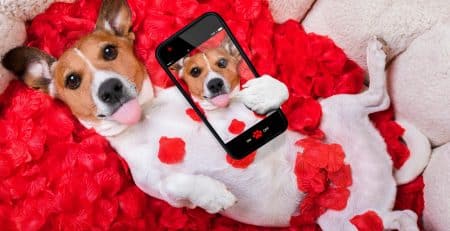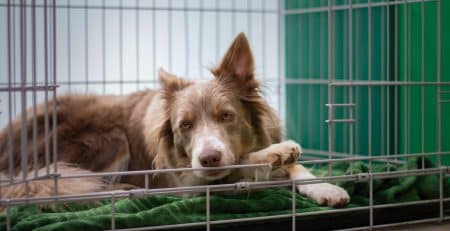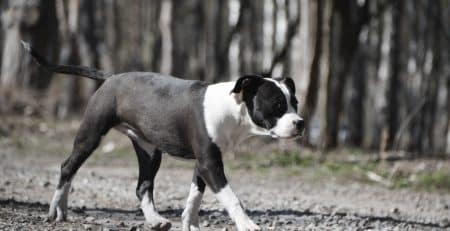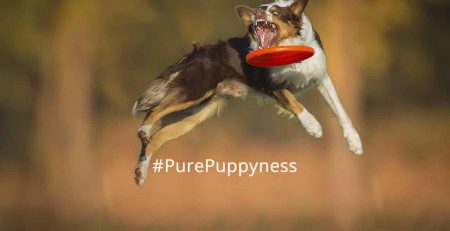Toilet training your dog
When you bring your new puppy home, one of your most important tasks will be toilet training him/her. Fortunately this is usually a simple, straightforward task. You will need to be patient, and expect a few accidents along the way.
Routine
Routine is very important for a dog. It’s especially important for a new puppy. They’ve just left their mother and siblings, and are in a new environment with new people. A routine will help them to feel more secure and confident. A routine is also vital for your puppy’s toilet training.
Puppies usually need to urinate soon after waking up. When you wake up in the morning, take your puppy out into the garden, or to an area of your home with newspaper and pee pads on the floor. Don’t play with your puppy or distract them – just let him/her do their business. Once your puppy is done, gently praise them. You can also teach your puppy cue words. When you puppy is urinating or defecating, you can say a phrase such as “wee wees”. This can be a useful prompt for your puppy to do their business.
If your puppy hasn’t urinated or defecated in 10 minutes, go back inside, wait another 10 minutes, and try again. Keep an eye on your puppy to avoid any accidents. If you puppy looks as though they want to pee or poop, take them outside.
You’ll need to repeat this process regularly throughout the day. Stay with your puppy so that you can keep an eye on them: this will help to prevent any accidents. You can tell if your puppy needs to urinate/defecate because puppies behave in a certain way when they want to go to the bathroom: circling, sniffing the floor, and looking restless. Puppies have poor bladder control, so take your puppy outside, or to their toilet area, every hour. Praise and reward them when they pee/poop.
Accidents
Puppies have small bladders and poor control of them, so accidents are normal in the first few months. Do not punish your puppy! They won’t understand why they are being punished, and will probably just try to avoid peeing or pooping in front of you.
If you find pee or poop, clean it up calmly. If you catch your puppy in the act, carefully pick them up and move them outside or to their toilet area. If they pee/poop in the right place, praise them.
Cleaning up
When cleaning up urine or faeces, it’s probably best to wear rubber gloves. You can buy a special cleaning product to eliminate the smell of pee/poop, or mix up a solution of warm water and biological washing powder. Avoid using bleach, as the ammonia smells similar to urine, which may confuse your puppy and encourage them to toilet in the wrong area.
Crate training
Even if you’re at home for most of the day, it’s simply not possible to be at your puppy’s side at all times. An unsupervised puppy can get into mischief. One solution us crate training. The crate is a large cage or a fenced off room that acts as your puppy’s “den”: somewhere safe and quiet where they can go to rest. The crate needs to be large enough for your puppy to turn around comfortable, lie down, and to have a separate toilet area (lined with pee pads and newspaper). You should still encourage your puppy to toilet in the garden/outside, as many dogs will not want to pee/poop near their den.






















